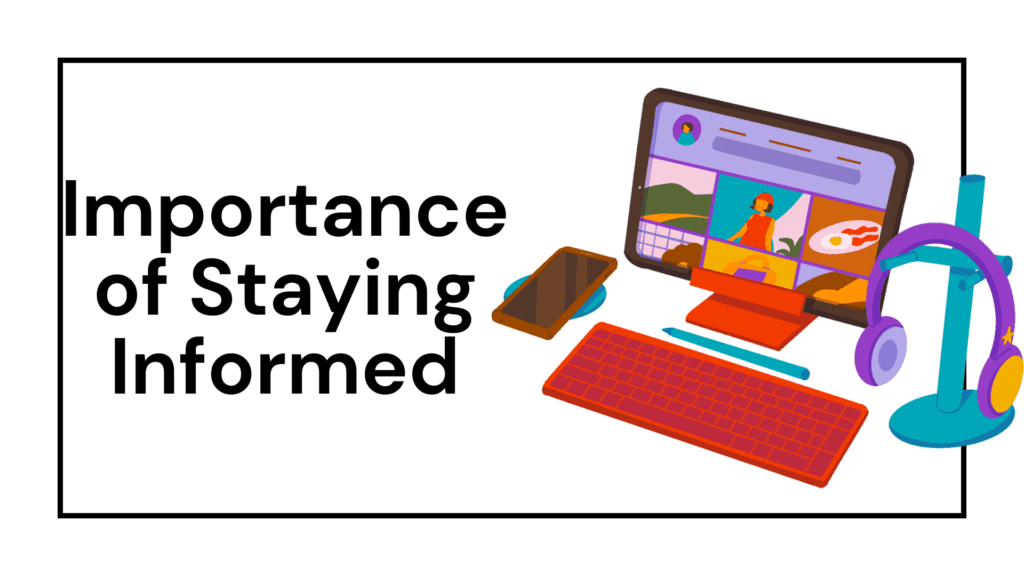Biased news reporting can significantly affect public opinion in several ways:
1. Distortion of Facts
When news is presented with bias, facts may be exaggerated, downplayed, or selectively presented. This can mislead the audience and create a false understanding of events or issues.
2. Shaping Perceptions
Biased reporting can shape how people view certain individuals, groups, or policies. For example, consistently negative reporting about a political figure can lead the public to form a negative opinion, regardless of the full truth.
3. Polarization of Society
When media outlets present issues from extreme or one-sided viewpoints, it can deepen divisions in society. People may become more rigid in their beliefs, leading to political or social polarization.
4. Manipulation of Emotions
Biased news often uses emotional language to influence readers or viewers. This emotional manipulation can create fear, anger, or sympathy, swaying opinions based on feelings rather than facts.
5. Loss of Trust in Media
When people detect bias, they may lose trust in the media altogether. This distrust can lead to confusion, conspiracy thinking, and reliance on unreliable sources.
6. Influence on Decision-Making
Public opinions shaped by biased news can impact voting behavior, public support for policies, or social movements—often without full awareness of the facts.

